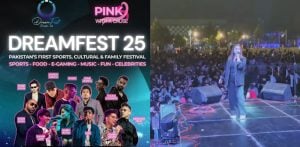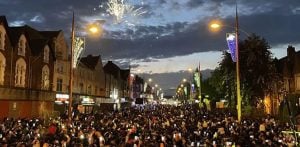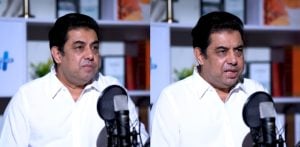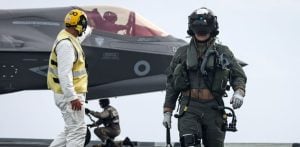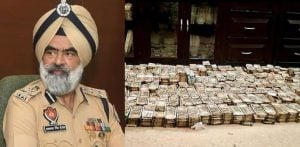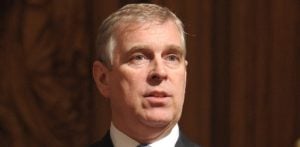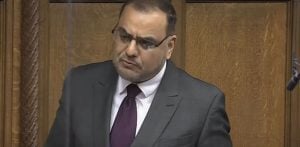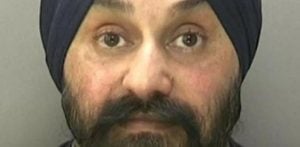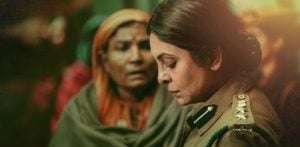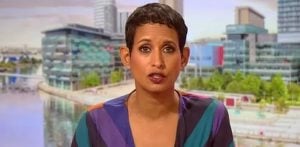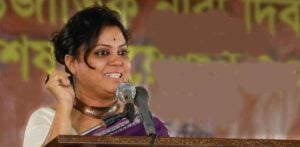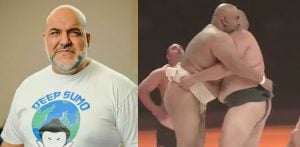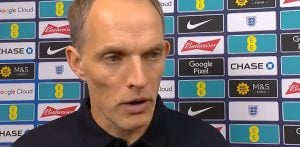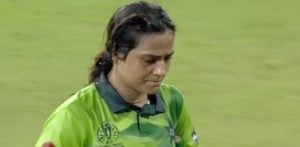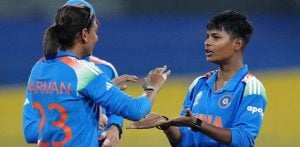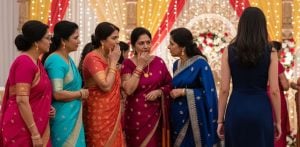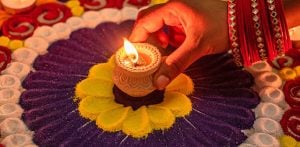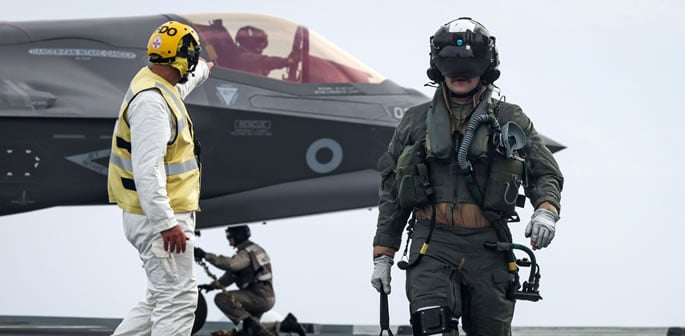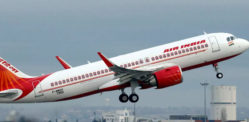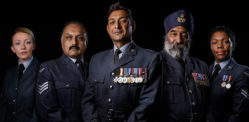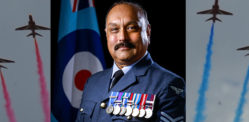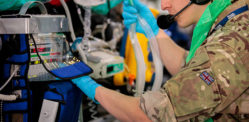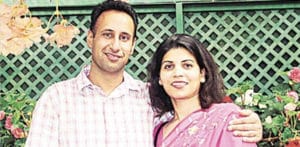"They should have done something like this years ago."
The RAF will use instructors from the Indian Air Force to train its next generation of pilots, in what has been described as an “unprecedented” step.
The announcement was made by India’s Prime Minister, Narendra Modi, as part of a new defence deal aimed at strengthening ties between Britain and India.
The RAF has faced a pilot shortage following a diversity recruitment scheme that failed to deliver expected results.
Internal documents earlier in 2025 revealed it needed a “higher number of pilots in training”.
While foreign instructors have trained British pilots before, this marks the first time since the Second World War’s “Empire Air Training Scheme” that Indian experts will take on the role.
Air Marshal Edward Stringer, a retired fast-jet pilot, welcomed the collaboration:
“This is unprecedented. They should have done something like this years ago.
“However, the devil will be in the details.”
Tim Davies, a former RAF fighter pilot instructor, praised the move but cautioned against expecting immediate results. He said the Indian instructors would be an “asset” but warned it would take more than a year to meet British standards.
He added: “This is just a stopgap to make up for the shortfall and loss of talent that the RAF has haemorrhaged over the last few years.
“It’s going to be 18 months before you see any of these instructors coming across.”
Defence chiefs hope the collaboration will not only support training but also deepen interoperability between British and Indian forces.
In recent years, the RAF has faced persistent challenges in pilot training, with delays, backlogs and equipment issues raising concern among senior commanders.
The Hawk T2 jet, used for advanced training, has been hit by technical problems that have forced “a small number” of students to complete training abroad.
Air Chief Marshal Sir Richard Knighton, now Chief of Defence Staff, has been critical of the aircraft’s performance:
“We don’t get what we need from Hawk today – we get about half of what we should get out of it.
“Speaking quite frankly, I would like to replace the Hawk T2 as soon as we can, to deliver a more modern, more reliable, greater capacity.”
The shortage of qualified instructors has also limited progress.
The Telegraph reported that in December 2024, there were 17 flight instructors on the Hawk T2. That number increased to 23 in July and is expected to reach 26 by January 2026.
Despite these issues, training times have improved, with the duration for fast-jet pilots falling from 248 weeks in June 2022 to 187 weeks – closer to the historic average.
Mark Francois, the shadow Armed Forces minister, previously criticised the state of RAF training:
“The RAF’s availability of combat pilots has been hit by a perfect storm: including woke manipulation of recruiting practices, the revival of civilian airlines post-Covid and technical issues with training aircraft, particularly engine reliability on the Hawk T2.”
The news follows India’s recent agreement to purchase £350 million worth of UK-made air defence missiles and launchers for its army. The deal is expected to secure 700 jobs in Northern Ireland.
A Ministry of Defence spokesperson said: “The RAF currently has sufficient numbers of pilots and aircrew available for the front line.
“The plan to introduce Indian Air Force instructors is not related to any previous issues within the UK flying training system but rather about improving international relations.”


